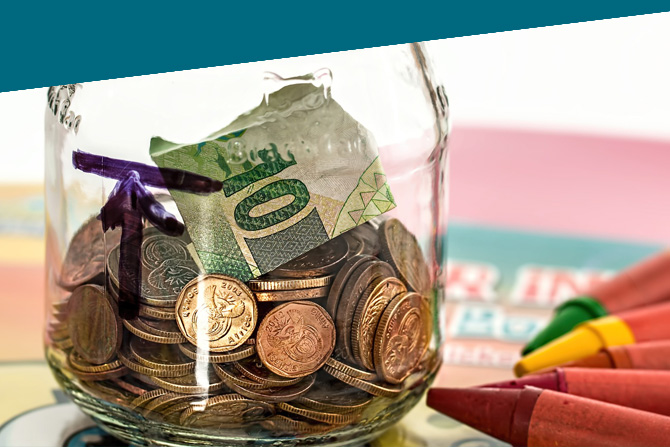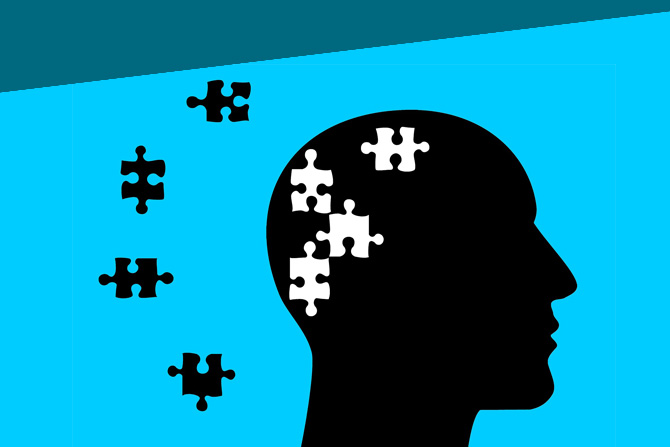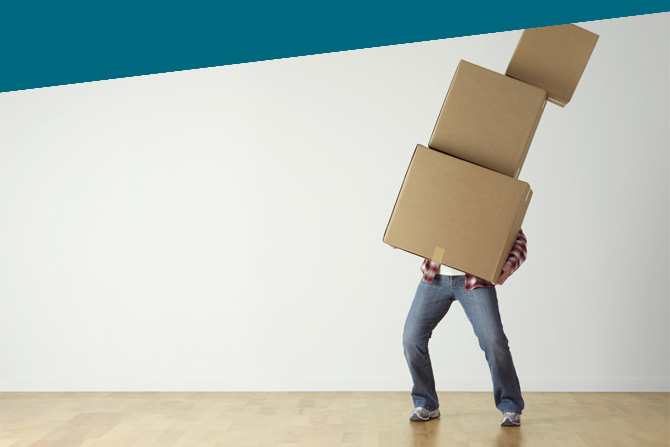Self-Care for Managing Stress
August 08, 2019

It seems to be one of the major complaints of the modern age. Whether it’s the fast pace of change or challenges within the family, we all experience stress at one time or another. And it can easily stand in the way of happiness and productivity.
Effects of stress can include fatigue, negative thinking, anxiety and a range of potential physical issues. Even low-level stress can have an impact over time. There are certainly several medical approaches to dealing with stress such as counseling and medication.
But are there ways we can learn to how to reduce stress on our own? Methods to holistically deal with stress in a healthy way? The answer is, yes.
A term you may have heard in this regard is “self-care.” It’s an ongoing process that can become part of a healthy lifestyle that unites your physical, mental and emotional states of being. Ultimately, you’ll be a more satisfied individual and more effective with those around you.
The Relaxation Response
We’ve all heard of the fight-or-flight response in the presence of real or perceived danger. The opposite is called the relaxation response. It’s the state when a threat is alleviated and the nervous system “stands down.”
Immediate stress can trigger a range of responses including higher blood pressure and heart rate, slower digestion and even the release of adrenaline and cortisol. If left unchecked, it can result in reduced immune function, emotional distress and burnout. The relaxation response can help these factors return to normal levels.
You Can Make Positive Changes
Don’t be afraid to break out of the mold or perception you have of yourself. Be open to new perspectives, especially ones that will help eliminate barriers to a more positive outlook. Don’t gravitate to feeling like a victim for whom struggle is inevitable.
You can take charge! Here are some tips for managing stress. Pick the ones that are right for you and make a plan. Several of these involve spending time on your own, which in itself can help you unwind and calmly address issues you may be facing.
Take Stock and Reflect
First of all, it can be very helpful to be aware of how you’re feeling. You may be wound tighter than you imagined. To track your state of mind, you can keep a journal to see patterns in stress as well as to record positive thoughts about what you’re doing to relieve it.
Back Off the Gas
For seemingly good reasons, you may simply be taking on way too much at a given point in time. Being constantly “on” can be a major drain on your body, your mind and your feelings. Learn to say “no” or “later” and set boundaries.
Get Outta Town
Sometimes, there’s nothing better than simply removing yourself from the situation and going to a place that you know will help you disengage and relax for a while. Picture an environment that makes you feel peaceful and in control, then pick a spot on the map and make your getaway.
Exercise, Exercise
Regular exercise is one of the best things you can do for your body and state of mind. You’ll find that your focus shifts to what you’re doing. The effect on mood can be almost immediate, and the physical benefits long-term.
Spend Time in Nature
Being in the natural world can have a wonderful effect, whether it’s a walk in the woods, catching sun and the ocean air at the beach, or simply relaxing at the local park. When you return, you’ll likely feel more relaxed and peaceful.
Meditate and Relax
There are several ways to practice self-awareness and relaxation, from learning to meditate or mindfulness training to yoga or a quiet massage at the spa. Others include breathing exercises and progressive muscle relaxation. During these times, you can let go of your concerns and clear your mind.
Eat Right, Sleep Well
Last, but not least, are two factors that permeate our wellbeing. Those are maintaining a healthy diet and getting proper sleep. Sugar and caffeine may not be the best idea when you’re anxious and stressed. And we all know the calming effect of a good night’s sleep.
You’ll Feel the Difference
There are many potential benefits of taking time for self-care. You should feel better with a more positive outlook and may even find solutions to your challenges. Self-care doesn’t mean you’re ignoring your obligations. In fact, you’ll probably find that you are actually more responsive and effective with others in your life, whether it’s as a friend, coworker or a caregiver.










